
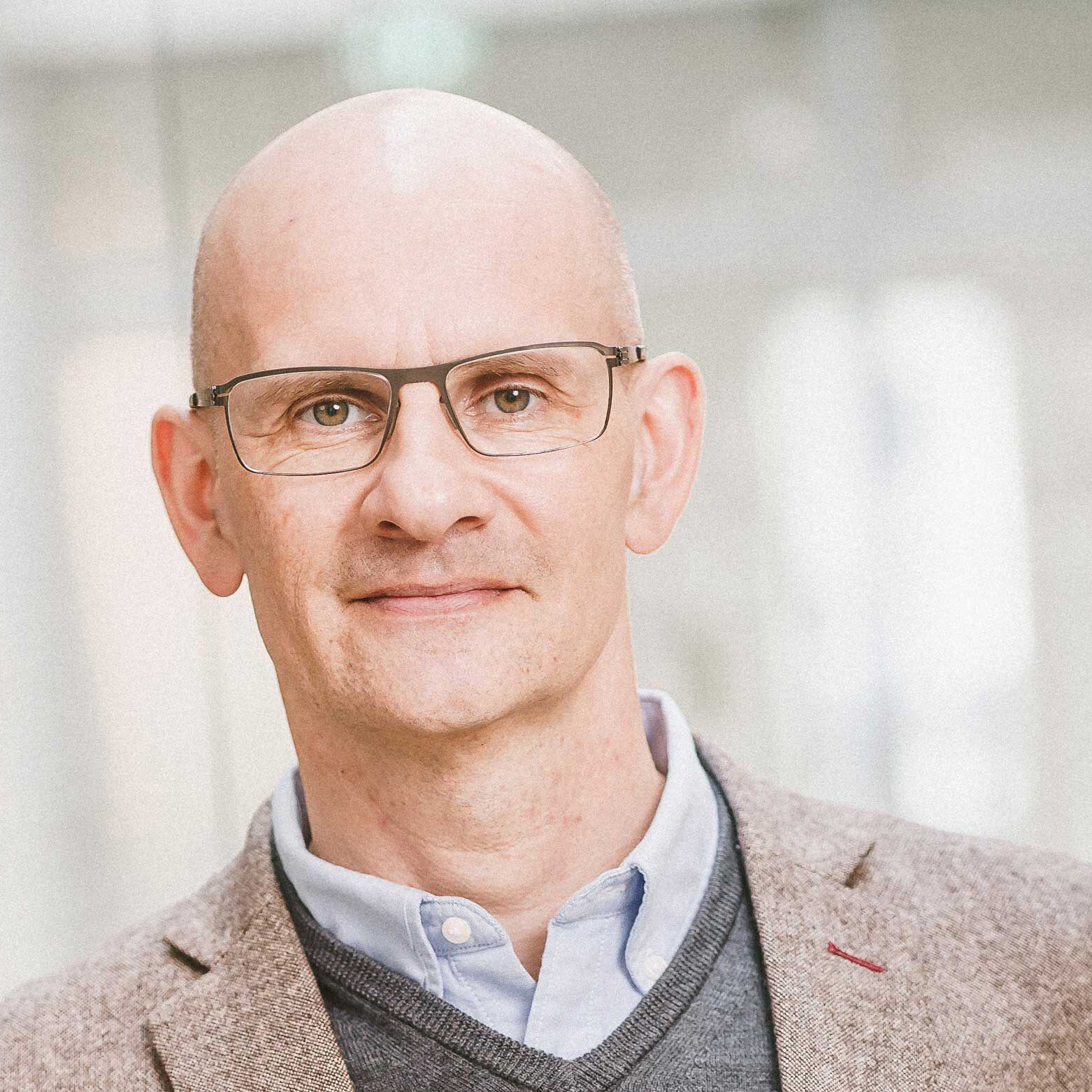
Jonas Obleser
GROUP LEADER
Jonas’ main interest lies in neural dynamics, that is, the moment-to-moment brain states as well as more stable brain traits that characterise our perception and behaviour. An important question for Jonas is whether there are features of neural dynamics [MORE]
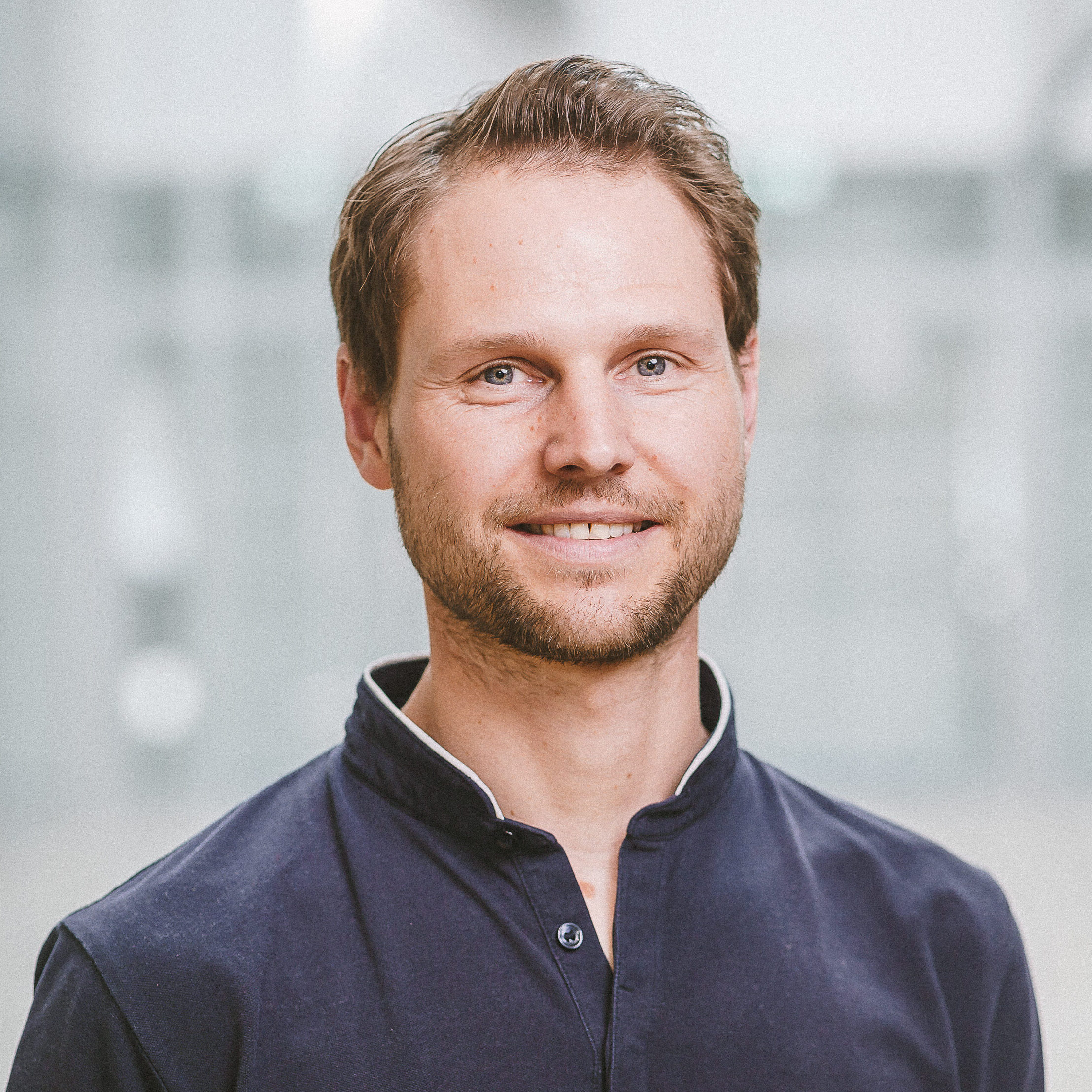
Malte Wöstmann
senior researcher
His research focuses on the electrophysiological dynamics of human auditory attention. Malte is currently mainly interested in how the neural system accomplishes the suppression of distracting information in order to focus attention on relevant information.
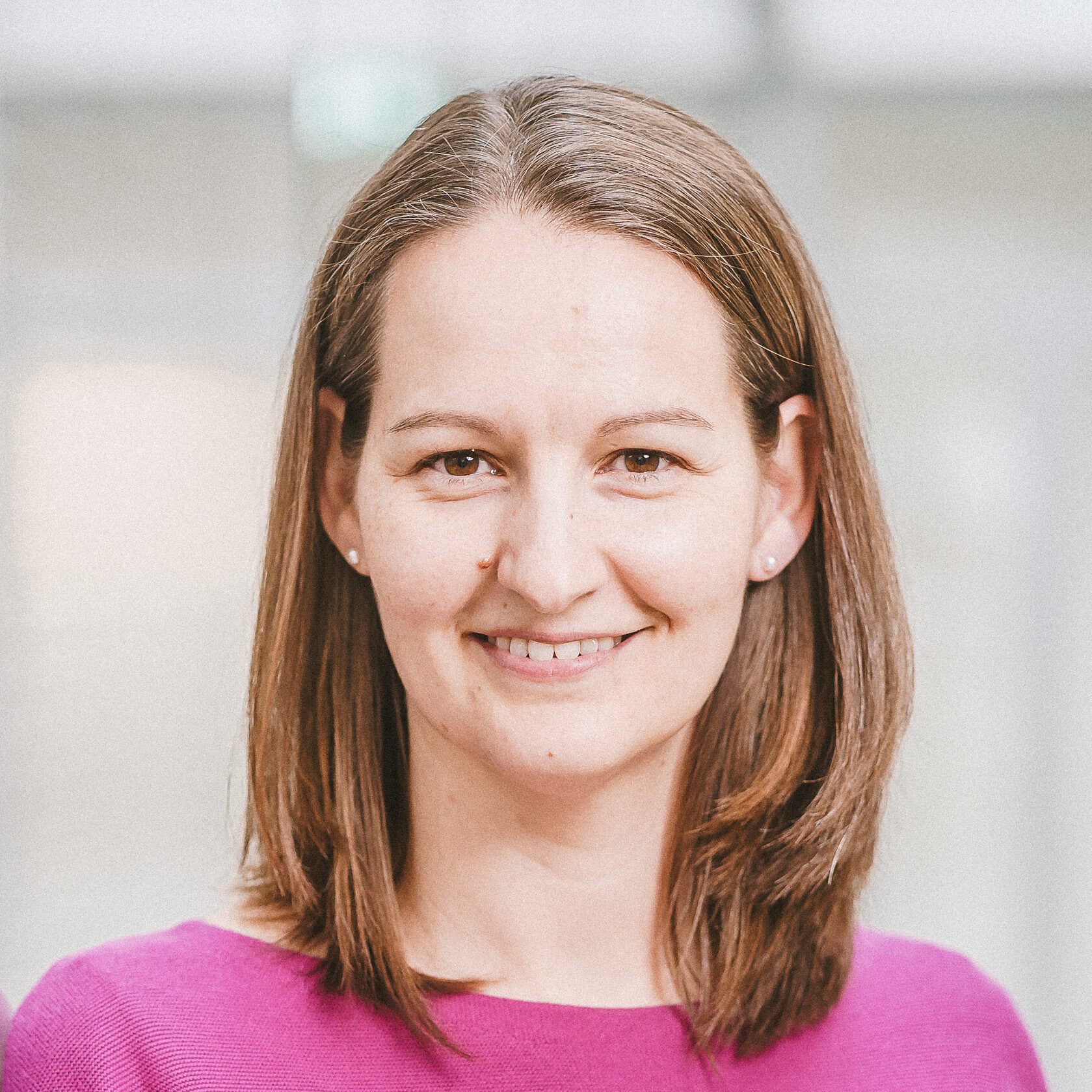
Sarah Tune
Senior researcher
Her main research interests follow the question of how the human brain achieves the remarkable feat of processing and comprehending language under at times extremely challenging conditions and in the face of age-related neural, cognitive and sensory decline.
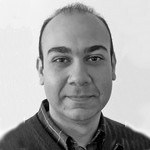
Mohsen Alavash
Postdoctoral researcher, staff scientist meg operations
His field of study focuses on the relation between brain networks and behavior in challenging listening tasks at the Max-Planck Institute in Leipzig and currently at the…
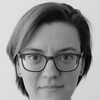
Franziska Scharata
Lab manager, audiologist
Franziska is currently on parental leave. She is an exceptional force in our EEG operations and volunteer liaison. Franziska is currently funded through our joint project with Widex Sivantos Audiology (2023–2026)
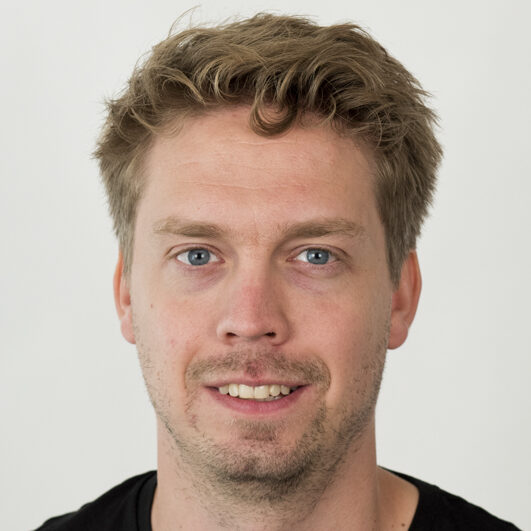
Niels Kloosterman
postdoctoral researcher, lecturer for the dept of psychology
Research-wise, Niels is interested in our remarkable ability to act purposefully in a complex and ever-changing environment. He believes that this cognitive adaptability is…
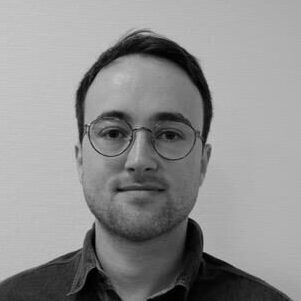
Martin Orf
Postdoctoral researcher
He is interested in creating virtual and realistic sound scenarios in the spatial lab. Especially, the mechanisms of ignoring works in such scenarios, e.g. cocktail-party, are of interest for him. Based on his background, he is concerned in how active ignoring works especially in hearing-impaired people and to investigate which hearing aid features could be used to facilitate ignoring on an engineering level.
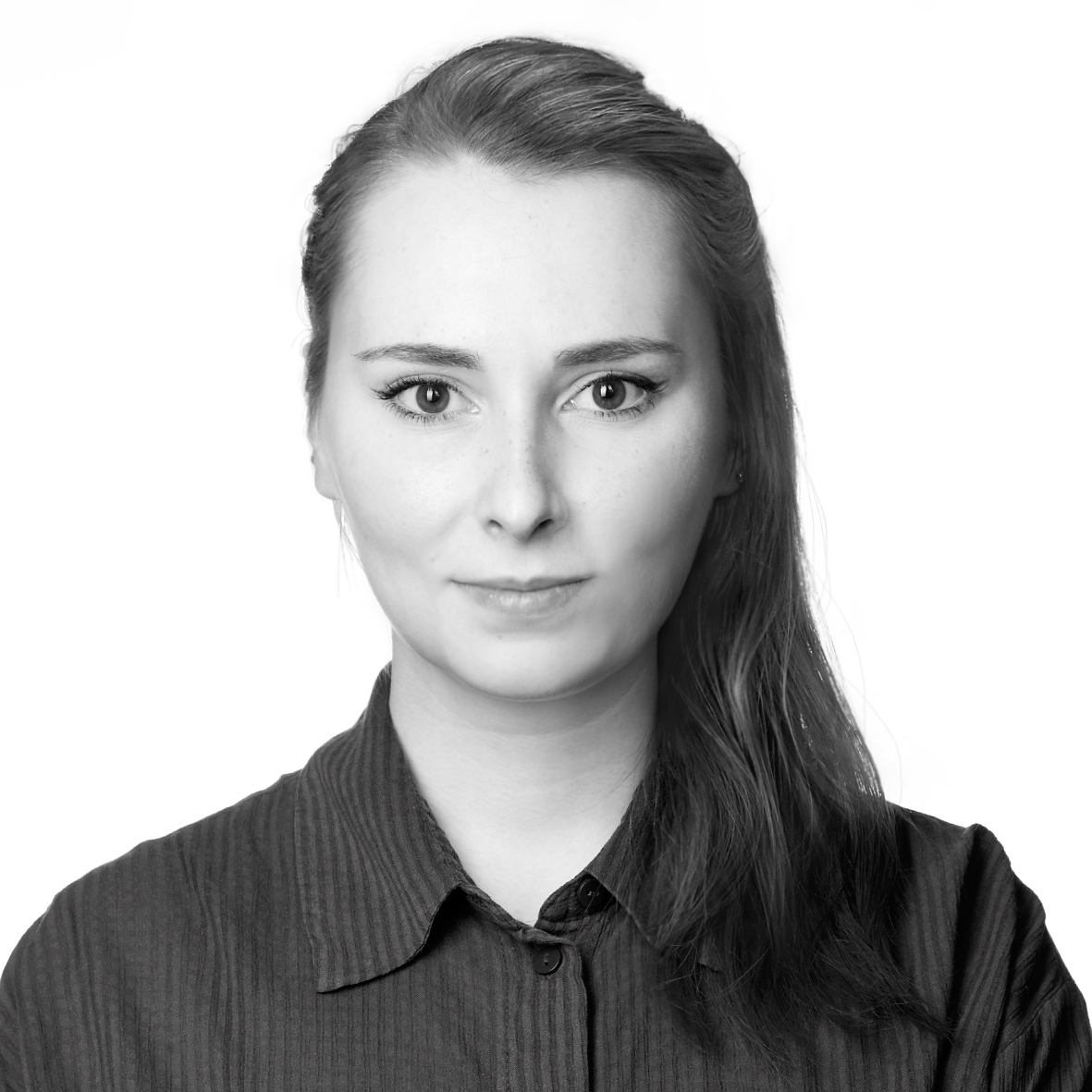
Merle Schuckart
PHD Candidate
Merle received both her B.Sc. and M.Sc. degree in Psychology from the University of Kiel. After having completed her studies in 2022, Merle joined the Auditory Cognition Group as a PhD student within a collaborative project with the Max-Planck-Institute for Cognitive and Brain Sciences in Leipzig. In her project, she investigates the influence of domain-general networks on natural language processing.
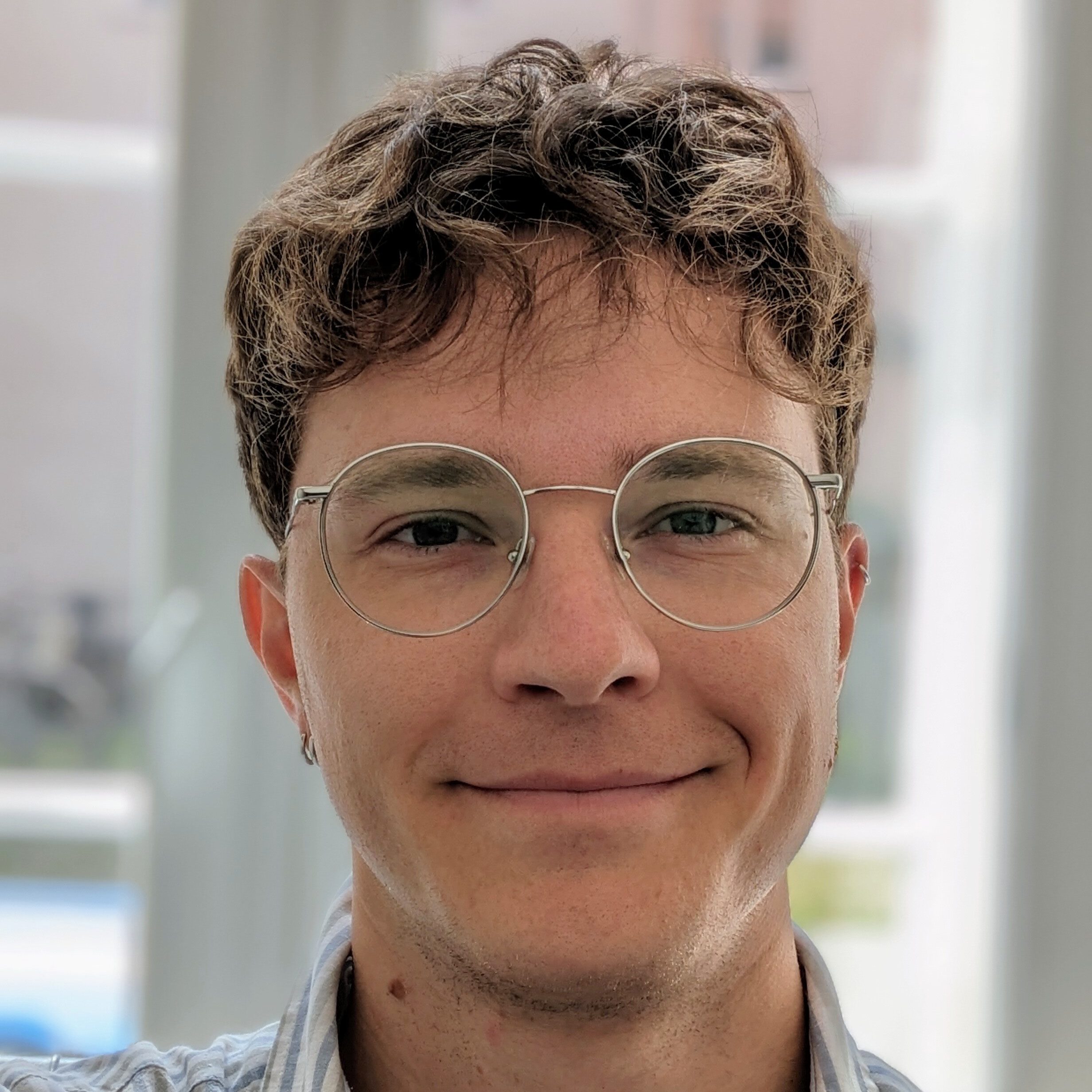
Max Schulz
PHD Candidate
Max recently started his PhD — supervised by Malte Wöstmann — eager to solve questions about attention capture and distraction
suppression in auditory attention research. In particular, he is
interested in how distraction is influenced by bottom-up and
top-down processes, how these processes are displayed in
neuro-electrophysiological correlates, and in what sense they are affected in aging individuals.
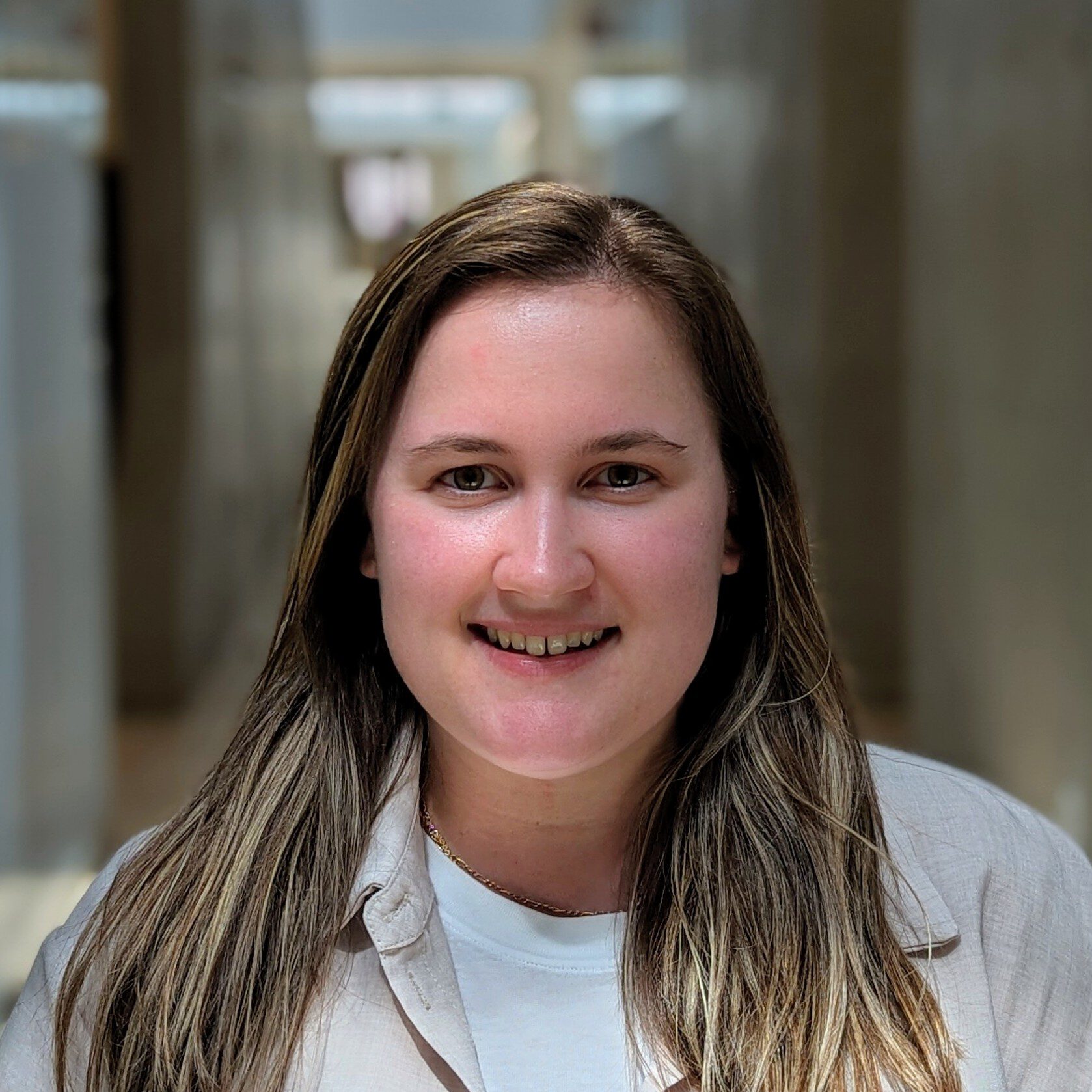
Andreja Stajduhar
Phd Candidate
Andreja did her Bachelor’s at York University in Toronto, Canada, where she investigated face perception under different conditions in a visual neuroscience lab. She then spent two and a half years earning her Master’s at the University of Toronto, where she was interested in the relationship between individual episodic autobiographical memory performance and cortical thickness. Her main research interest now lies in understanding how perceptual inference changes with age. In her free time, she enjoys cooking and hanging out with her friends!
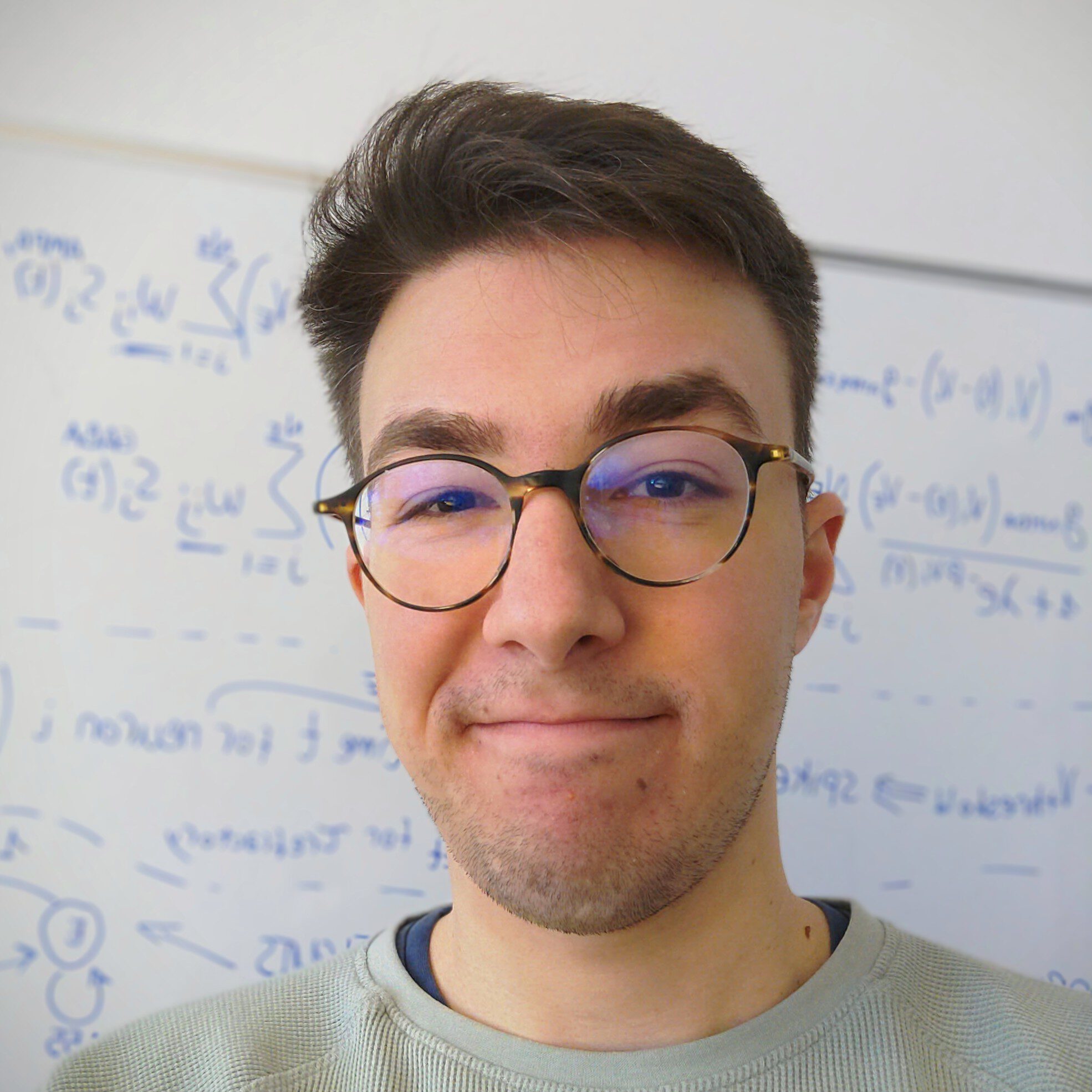
Riccardo Catena
Researcher / alumnus
Riccardo is a biomedical engineer currently working as a researcher in the lab, focusing on a machine learning model to obtain excitation-inhibition ratios from functional and structural connectivity data. After his BSc in biomedical engineering obtained in Italy he completed his MSc in Biomedical Engineering at the University of Lübeck, with a thesis conducted on a computational model of neuronal structural plasticity.
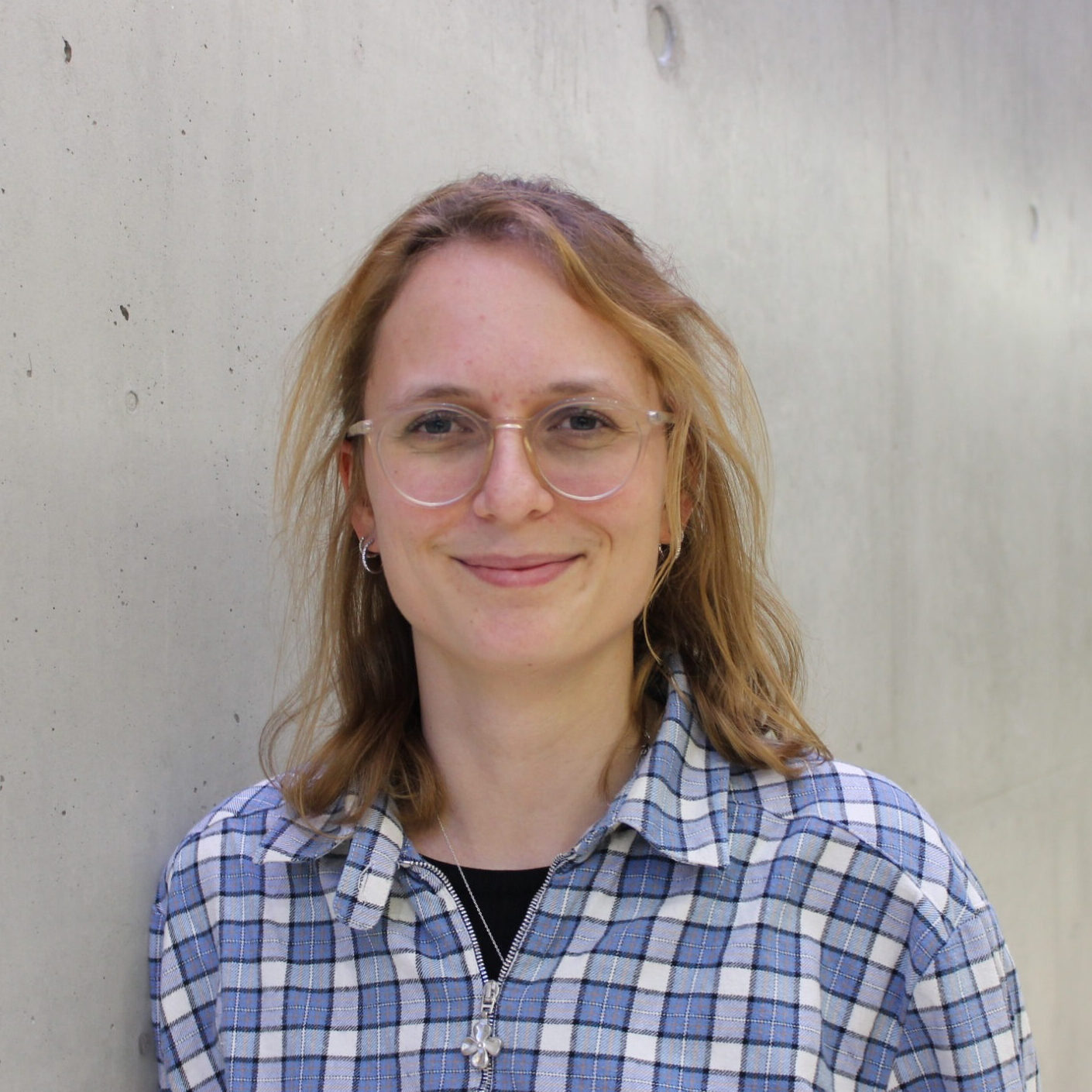
Judith Kunze
phd Canidate
Judith did her B.Sc. in Psychology at the University of Göttingen before moving to Lübeck to do a master’s degree in Psychology – Cognitive Systems. During her master’s studies, she became involved with the Auditory Cognition Group, first as a student assistant and later during a six-month research internship. This work continued in her master’s thesis, which examined the influence of ketamine on the excitation–inhibition balance.
She is now a PhD student within the DFG-funded Collaborative Research Centre (SFB/TRR 418) Foundations of Circadian Medicine, where she investigates circadian effects on the antidepressant effect of ketamine.

Research Assistants
Luisa Lindemann
Marius Möller
Matthis Andreas
Nils Zimmermann
Susanna Keupp
Tobias Sodenkamp
Alumni
Alex Brandmeyer — Postdoctoral researcher
Anna Wilsch — PhD student
Antje Strauß — PhD student
Björn Hermann — Postdoctoral researcher
Dunja Kunke — Audiologist
Felix Deilmann — Research Scientist
Frauke Kraus — PhD student
Hong-Viet Ngo — Postdoctoral researcher
Jennifer Klotke — Audiologist
Jessica Herrmann — Audiologist — Researcher
Julia Erb — PhD student, Postdoctoral researcher
Lea Maria Schmitt — PhD student, Postdoctoral researcher
Leon Franzen — Postdoctoral researcher
Lorenz Fiedler — PhD student
Markus Kemper — PhD Student
Mathias Scharinger — Postdoctoral researcher
Michael Plöchl — Postdoctoral researcher
Molly Henry — Postdoctoral researcher
Nikolas Makowka — Lab manager
Riccardo Catena — Research scientist
Sophie Herbst — Postdoctoral researcher
Sung-Joo Lim — Postdoctoral researcher
Troby Lui — PhD student